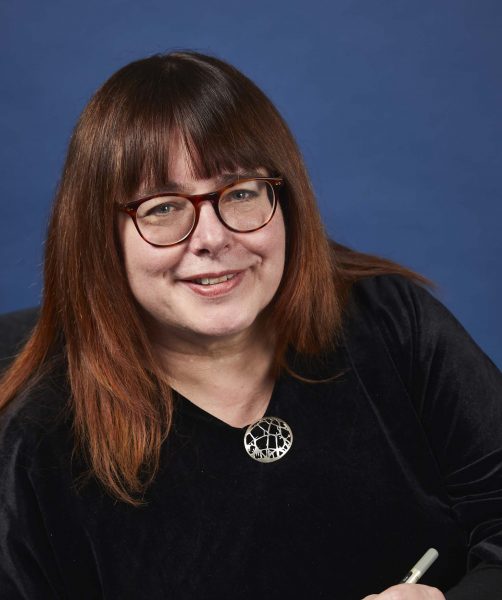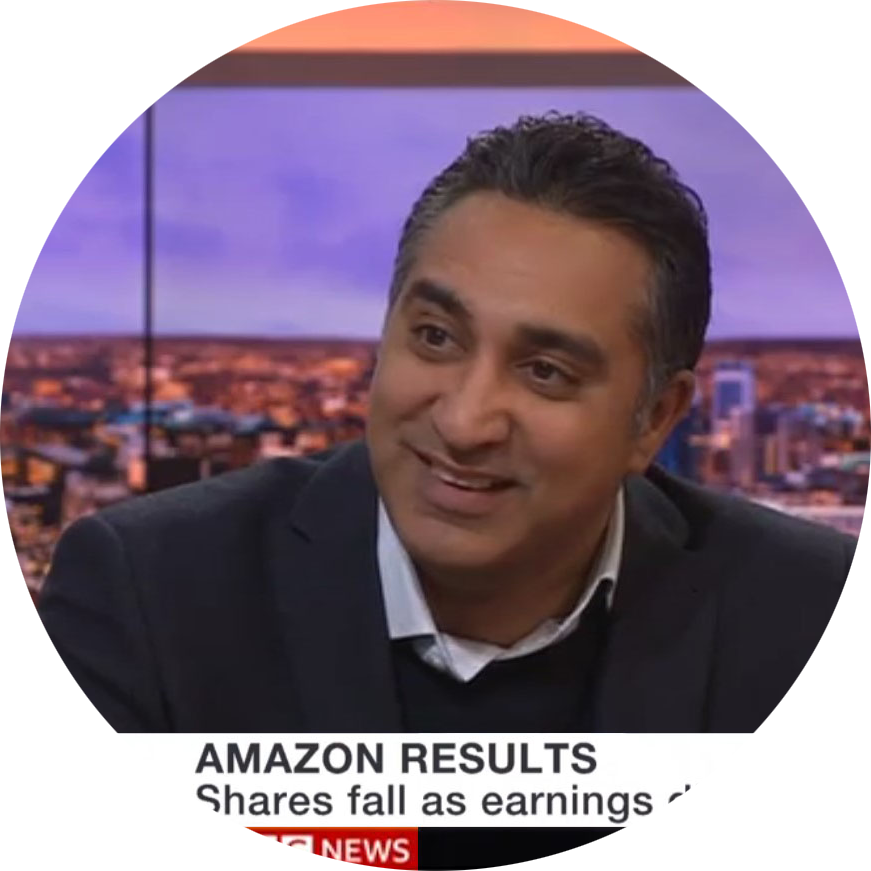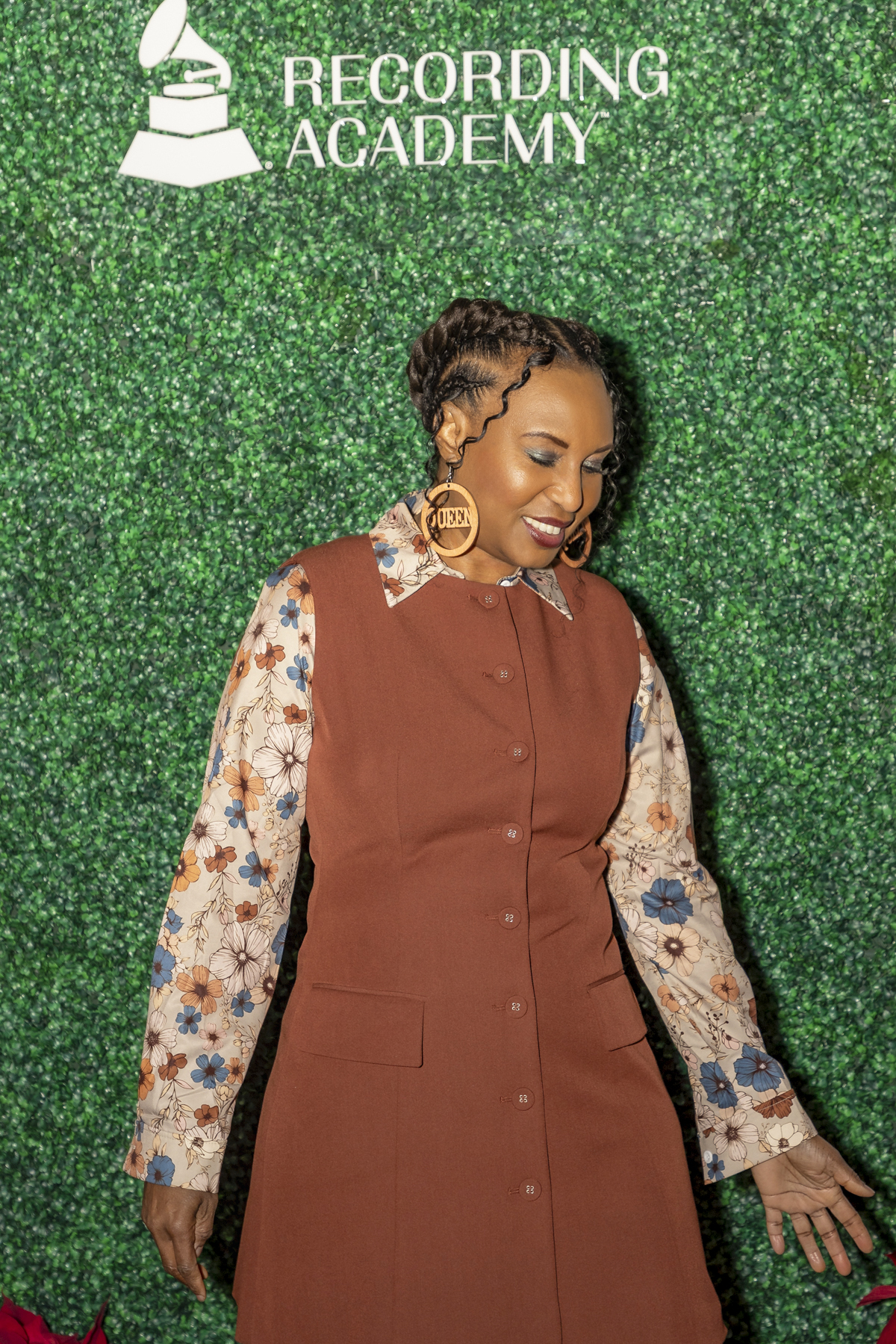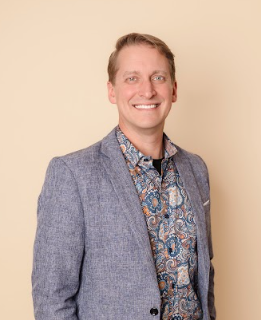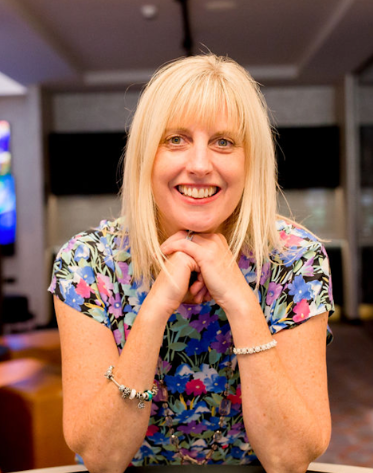Mary Duggan is a UK-based productivity coach – She works with women who run small, solo businesses and she helps them to get more done with less stress by showing them how to use simple workflow systems and powerful mindset techniques.
What were your initial years of growing up like? Tell us about your life before starting your corporate journey/venture/initiative.
I didn’t know what I wanted to do until I was in my very late teens. I had started a course at university, but I was not in the right place psychologically to make a success of it… and it was not a course that really engaged my enthusiasm. I realized that I had to do something with my life, and started researching different careers. One leapt out at me very quickly – occupational therapy combined two things that were important to me – helping people and using my creativity. I qualified as an occupational therapist in 1984 and started working with adults with mental health problems. I loved using creative techniques to help people move out of very dark and challenging experiences into much healthier mindsets where they could start to achieve the things they really wanted out of life. Along the way, I also trained as a dramatherapist, building on my creative skills. I have never had particularly concrete goals, other than being useful and helpful, until fairly recently. One of my role models is the late Gary Kielhofner, who created an elegant systemic model that helps us to understand occupational behavior and most importantly, what motivates us.
Was there any turning point in your life that changed your journey? If so, what was it? Please tell us the backstory behind it.
I had a successful career in the UK National Health Service, first as a therapist, then a general manager and finally a business development lead. Two threads ran through the whole of my career – creativity and helping people to make changes. I helped people to achieve personal change and I helped teams and services to bring large-scale projects to life. Then, after 30 years, I was made redundant. I knew that at 55 I was unlikely to be re-employed within the NHS at a time when significant cuts were being made. I realized that I needed to do something different, but I did not know what. Luckily for me, I found some wonderful business coaches who helped me to find a new direction.
Every industry that is now a large-scale, top-notch business once started as a small idea in the minds of entrepreneurs. What was that idea or motivation that made you start your business /initiative? What motivated you within to say “YES, go for it!”
I knew that throughout my career, I had been using coaching skills to help people to get things done, but I was still unsure of my niche. Then a couple of things happened. One was that I started to recognise the type of person I found most rewarding to work with – people with a creative mindset who have lots of ideas buzzing around in their heads but who find it hard to organize themselves. The other was that while I was interviewing several women who ran their own solo businesses, I realized that they were all telling a similar story. Each one would start the day by setting out her priorities. She would create a huge list of all the things she needed to do. Then she would get to work. At the end of the day, she would look back at the list and realize that she had hardly made a dent in it! Instead of realizing that she had set an impossible task, she would beat herself up for not having done enough. And then she would repeat that, day after day. That realization ignited a passion in me to help women to get more done, with less stress!
Everyone has their own set of challenges when starting an entrepreneurial journey. Still, the most essential part for others to learn is how you deal with those. Would you like to share with us your challenges and your coping mechanisms?
My own challenges are very similar to those my clients experience. I have a lot of things that I want to get done, and a limited amount of time and energy! That’s why I put effort into exploring how I could do what I needed and wanted to without burning myself out. I use some simple workflow tools that are based on Lean methodology (developed in Japanese industry) which help me to manage my work without getting overwhelmed by it and I practice Positive Intelligence techniques every day, using self-command techniques similar to mindfulness to unhook my attention from my inner saboteurs and to harness my inner sage to take positive action.
While the global pandemic of COVID-19 is associated primarily with adversities, it has also brought about a true boom in startups, with successful entrepreneurship in many countries. The pandemic has impacted all of us in one way or another. Would you like to share your experience on a personal and professional level?
The pandemic brought various challenges – the freelance work that formed a large part of my income dried up for quite a while and at the same time my husband was made redundant and health problems he’d been experiencing for some time became considerably worse. The reduction in freelance work gave me the time and impetus to systematize the coping techniques I was using into a productivity system, and to turn this into an online course.
Your journey and your vision are very inspiring, but are there any achievements or accomplishments you would like to mention?
I co-authored a book on dramatherapy some years ago (Imagination, Identification and Catharsis in Theatre and Therapy) which showed me that dreams could be achievable. I reinvented myself after redundancy, at the age of 55, and am more confident and happier than I have ever been. And just before my 50th birthday, I treated myself to jewelry lessons that turned into a small but immensely satisfying side business!
Would you like to share with our young budding women entrepreneurs the change you would like to see in the world if given an opportunity?
A book called The Limits to Growth influenced my thinking. Written in the 1970s, it showed the consequences of unchecked use of our natural resources – and we are now seeing those consequences coming into being. The change that I would love to see is a shift from competition and reckless use of resources to co-operation and careful stewardship of resources and I truly believe that women, and women entrepreneurs in particular, have a huge role to play in this.
What’s the most important thing you’ve learned in your personal life and professional journey? What is your personal motto in life?
Compassion is one of the most important values. One of my mottos is ‘Is it true? Is it kind? Is it helpful?’
Women are a growing force in the workplaces worldwide, standing shoulder to shoulder with their male counterparts. There are cracks in glass ceilings everywhere, with many women breaking through to carve out a space right at the top of the pyramid. What are your thoughts about women’s leadership today?
The greatest women leaders are the ones who lift other people up.
With your grit and determination, you are making a considerable impact, breaking through, and serving as role models for many budding entrepreneurs. What would you want to say to our young women leaders/audience reading this?
You are capable of great good – and remember that people rarely achieve great good without the support of others! You don’t have to do everything yourself.



